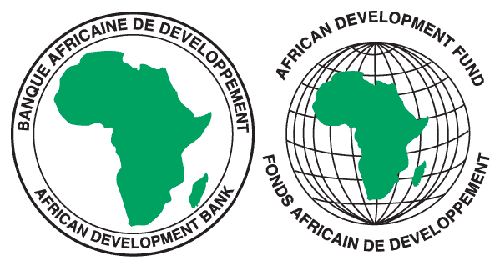- News
- BNN
- News
The illumination of Khwee Village with solar energy is more than a story of electrification; it’s a narrative of empowerment, progress, and hope. It showcases the transformative power of sustainable solutions in lifting communities, enhancing quality of life, and paving the way for a brighter, more equitable future.
- News
- Afrik21
- News
The Botswana University of Agriculture and Natural Resources (BUAN) recently took delivery of a solar-powered wastewater recycling system. The installation was supplied by German start-up Boreal Light, which specialises in the manufacture of water treatment systems.
- News
- News Ghana
- News
To be implemented in five countries including Kenya, Cameroon, Nigeria, Morocco, and Botswana, the GermanWatch-supported project will ensure a move towards renewable energy is inclusive and people-centred. But there is a danger that the big shift from fossil fuel could still be controlled by the big conglomerate, leaving the poor behind.
- News
- Panafrican Climate Justice Alliance
- News
The Guard-Africa Initiative will catalyse conversations towards the accelerating implementation of the Nationally Determined Contributions (NDCs) in Kenya, Ethiopia, Tanzania, Rwanda, Niger, Cameroon, Zambia, Botswana, Morocco, Nigeria, Ivory Coast and Gabon.
- News
- ESI Africa
- News
The Sustainable Energy Fund for Africa (SEFA) has approved a $1 million grant in support of the energy transition in Botswana. The technical assistance project supports the Government of Botswana in closing critical gaps in policy, regulatory and legal frameworks, which were identified at the Africa Energy Market Place (AEMP 2019).
- African Development Bank
- Press Release
- News
- News
The pumps are used to water wild animals in the better northern part of the southern African country known for its magnificent flora and fauna and currently rely on diesel generators.
- News
- News
Significant wind and solar potential and abundant biomass residues present considerable opportunities for Botswana to enhance domestic energy security and increase access to modern energy services, states IRENA in its report.
- News
- News
To meet its peak power demand, Botswana currently relies on coal and imported petroleum products from South Africa and imports up to 15 per cent of its electricity from neighbouring countries.
- News
- News
When the authors of May’s The Sky’s The Limit report named Botswana as the most ‘super-abundant’ renewable energy territory on earth, they can little have imagined how quickly the nation’s solar industry would leap forward.
Latest Documents
- African Development Bank (AfDB)
- 2022
- Journal of Humanities and Applied Social Sciences
- 2023
- African Development Bank (AfDB)
- 2023


